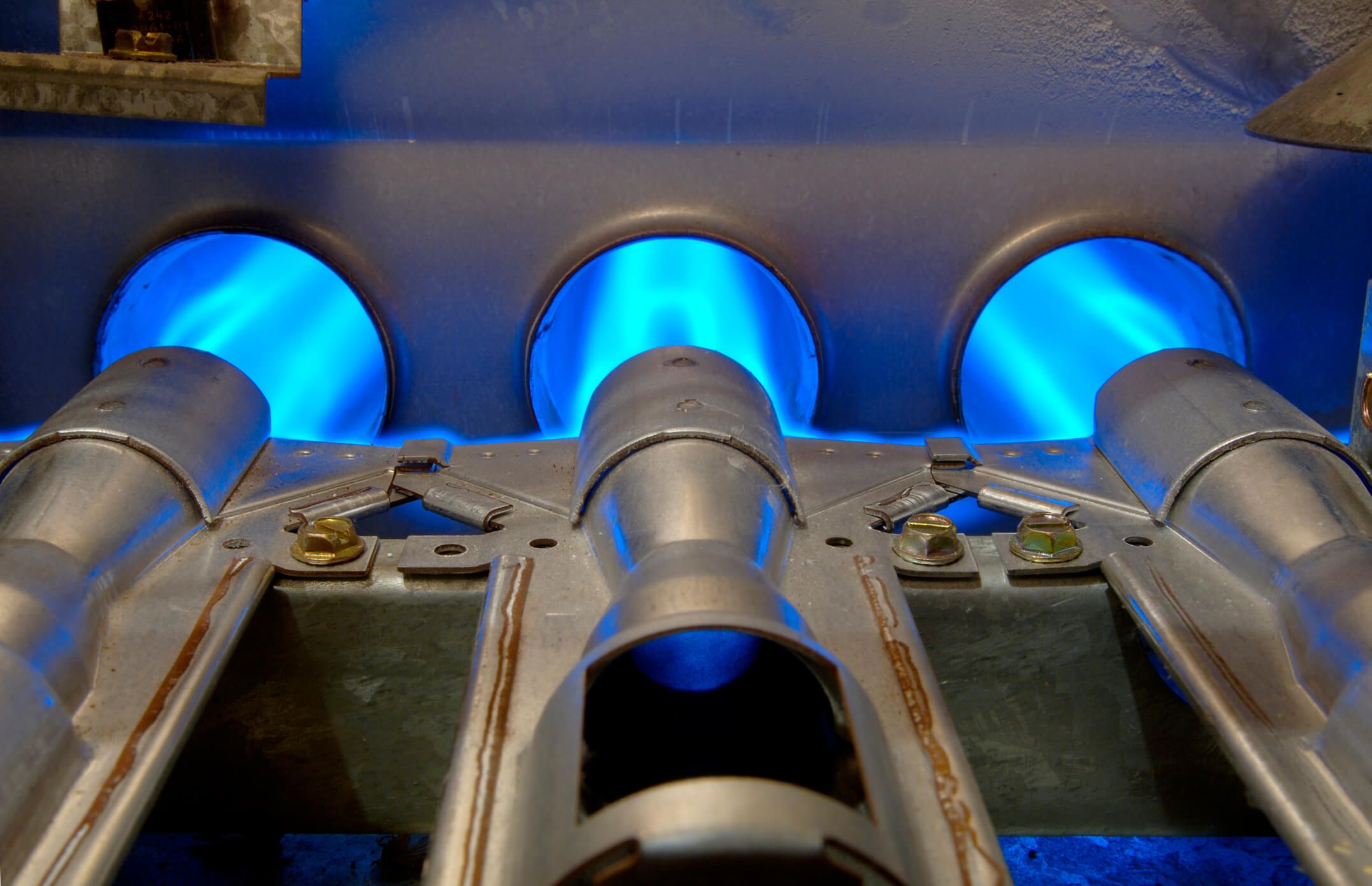With winter now in full swing, chances are your heating system will be working harder for the next few months than at any other time of the year. However, just because your heating system is at peak use does not mean you should have to pay peak prices. No matter what type of heater you have, there are almost always steps you can take to ensure your equipment remains energy-efficient and that your home remains comfortable without your utility costs spiraling out of control. Keep reading for our top five ways to reduce your heating bill this winter, courtesy of our HVAC experts at Meyer’s.
Our Top 5 Tips to Reduce Your Winter Heating Costs:
- Turn Off Your System When You Leave Your House: In the summer, we would actually recommend leaving your air conditioner on when you leave your house, as cranking the AC up when you get home from work can actually overexert it—meaning you will spend more money for less comfort. However, the same is not true for your heating system. Letting your heating system run all the time, even when no one is home, not only wastes money but can end up dangerously overheating your space. For optimal comfort and efficiency, we recommend programming your system to turn on a few minutes before we arrive home for the day.
- Lower Your Thermostat Setting: Speaking of programming, one thing you should always do at the beginning of winter is to lower your thermostat setting. While it may sound counterintuitive, your thermostat temperature should be higher in summer and lower and winter. This is done to balance out the inflated cost generated by your AC and heater use, respectively. Ideally, your thermostat should be set at least as low as 68 degrees in the winter, and up to 78 degrees in the summer. Another way you can help balance temperatures throughout your house is to install a smart thermostat. These cutting-edge devices are designed to learn your comfort preferences and even make adjustments automatically.
- Replace/Clean Air Filters: Dirty HVAC filters not only affect your indoor air quality, they also force your system to work harder—meaning higher utility bills overall. Whether you have a furnace, boiler, or heat pump, you should always try to replace your heater’s filter at beginning of the winter season (especially if your system has laid dormant for much of the year.) If you do not have a forced air system, and are instead using a ductless HVAC unit, you may be able to clean your filter rather than replacing it. Look for the light on your ductless unit that indicates it is time to change the filter, and if your system does not have this feature, check the filter for dust and debris regularly.
- Seal Various Openings Throughout Your Home: Homeowners in the U.S. lose approximately 20-30% of their hot air every year through various gaps and openings throughout the house. Fortunately, there are things you can do to help prevent this extreme waste of energy. Have your insulation and ductwork checked by a professional for one, as holes in your air ducts and insulation can cause a ton of air loss. You should also try to caulk up various cracks and weather-strip doors and windows. And even locking your closed windows can help prevent hot air from getting out and cold air from getting in.
- Do Not Hesitate to Call a Professional: From furnaces that cycle on and off to boilers that are making funny smells, it is always better to call for heating service sooner rather than later. Not only is waiting to have your heater serviced potentially dangerous (especially if you have a gas-powered system,) it can also cause your utility bills to rise exponentially, and may even force you to replace your unit before its time. Fortunately, Meyer’s is available 24/7 to deal with all your urgent heating needs.
Call (219) 240-0610 anytime to reach Meyer’s by phone, or you can send us a message online.



.png)